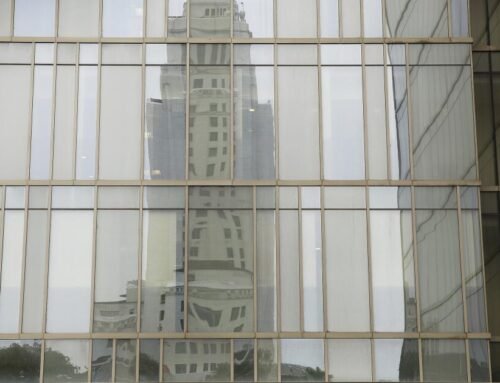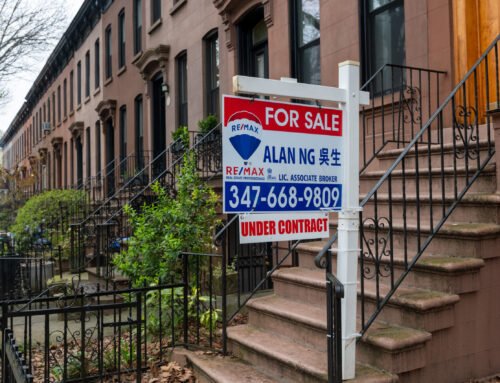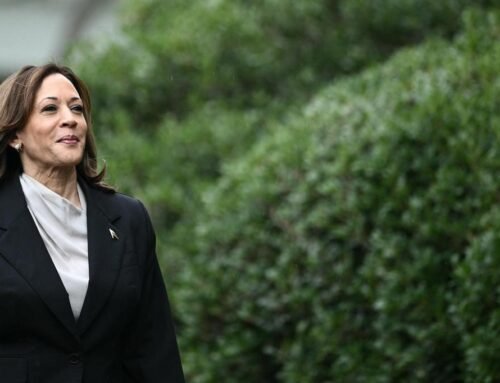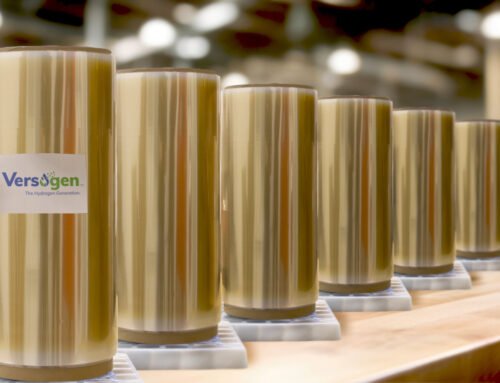A South Florida woman who accused Jeffrey Epstein of sexually assaulting her when she was a girl is urging a federal appeals court to provide relief to multiple victims like herself who were not notified of a “sweetheart” prosecution deal with the wealthy financier.
Courtney Wild, who previously identified herself as Jane Doe 1 in a landmark lawsuit filed a decade ago against the U.S. government, is pursuing the appeal with her real name as “the best way to encourage other sexual assault victims to step forward.”
While underage, Courtney Wild was a victim of Jeffrey Epstein.
Emily Michot
emichot@MiamiHerald.com
Wild’s lawyers filed her petition on Monday, asking the appeals court to order the federal judge who oversaw the civil case to provide substantial relief to Epstein’s underage sex victims after he refused to do so last month.
“The district court’s ruling turns [the Crime Victims’ Relief Act] into a hollow promise for victims and should be overturned,” attorney Paul Cassell wrote on behalf of Wild.
The new petition is challenging U.S. District Judge Kenneth Marra’s decision that Wild and others are not eligible for any major relief, even though he found federal prosecutors violated the rights of Epstein’s victims by leaving them in the dark about his non-prosecution agreement with the U.S. Attorney’s Office in Miami.
That office has recused itself in the civil case and is represented by the U.S. Attorney’s Office in Atlanta, which is expected to respond to Wild’s appeal this fall.
Wild and another plaintiff, Jane Doe 2, wanted the judge to restore the originally planned federal sex-trafficking charges against Epstein in South Florida, but Marra refused go that far for a couple of reasons.
Epstein, 66, died in August, found hanging in a Manhattan jail cell following his arrest on renewed sex-trafficking charges by New York authorities. Marra also said he did not have the authority to order federal prosecutors in South Florida to charge him, even before Epstein’s death.
In his mid-September ruling, Marra left open the possibility that certain requests by the victims could be fulfilled. They wanted to meet with prosecutors and get an explanation for why the U.S. Attorney’s Office in South Florida didn’t seek a sex trafficking indictment against Epstein when he was initially investigated 10 years earlier, why they kept the status of the case secret from the victims.
But Wild’s petition to the 11th U.S. Court of Appeals in Atlanta said Marra’s decision failed Epstein’s victims.
Wild’s petition seeks to have the appeals court order Marra to invalidate provisions of Epstein’s 2008 non-prosecution agreement barring the prosecution not just of him, but of his co-conspirators, who were suspected of recruiting underage girls to have sex with him at his Palm Beach mansion.
Her petition also requests a court hearing where Epstein’s victims could speak about how he preyed on them, and asks for the disclosure of important government documents in the case. Her lawyers, Cassell and Bradley Edwards, are also seeking attorneys’ fees.
In February, Marra found that federal prosecutors violated the Crime Victims’ Rights Act in 2007-08 when they failed to confer with Wild and the other victims before executing the non-prosecution agreement with Epstein. At that time, he was allowed to plead guilty to state charges of soliciting minors for prostitution, leading to the filing of the victims’ rights lawsuit by Jane Doe 1 [Wild] and Jane Doe 2. Under that agreement, Epstein served only 13 months in jail and was allowed to be released during the day throughout his incarceration. He also had to register as a sex offender in Florida. Additionally, Epstein was required to pay damages to about 40 underage victims.
In a 15-page ruling, Marra found that because of Epstein’s death in August, the women’s requests for certain remedies — such as filing the original 53-page federal indictment that was drawn up and then shelved — must be denied as “moot.” The judge reiterated what he ruled before Epstein’s death — that the court did not have the authority to order federal prosecutors to bring such charges after they declined to do so initially.
Wild’s lawyers highlighted Marra’s own words in their appeal: “Despite [the victims] having demonstrated the government violated their rights under the CVRA, in the end they are not receiving much, if any, of the relief they sought. They may take solace, however, in the fact that this litigation has brought national attention to the Crime Victims’ Rights Act and the importance of victims in the criminal justice system.”
Marra’s decision closed a 2008 civil case that propelled the Miami Herald and other news media to spotlight Epstein’s alleged serial sex offenses, and federal prosecutors in New York to file new sex-trafficking charges against him this past July. The fallout caused the resignation of the Trump administration’s labor secretary, Alexander Acosta, the former U.S. attorney in Miami. Acosta gave final approval to the non-prosecution agreement with Epstein and his team of high-profile defense lawyers.
But Epstein’s victims still feel they have been forgotten.
Sex offender Jeffrey Epstein was found dead in his New York jail cell. The medical examiner ruled it a suicide.
Miami Herald
In a Miami Herald’s series, “Perversion of Justice,” the women — now in their late 20s and early 30s — said they were still fighting for an elusive justice.
“Jeffrey preyed on girls who were in a bad way, girls who were basically homeless. He went after girls who he thought no one would listen to and he was right,’’ said Wild, who said she was 14 when she met Epstein.








Leave A Comment